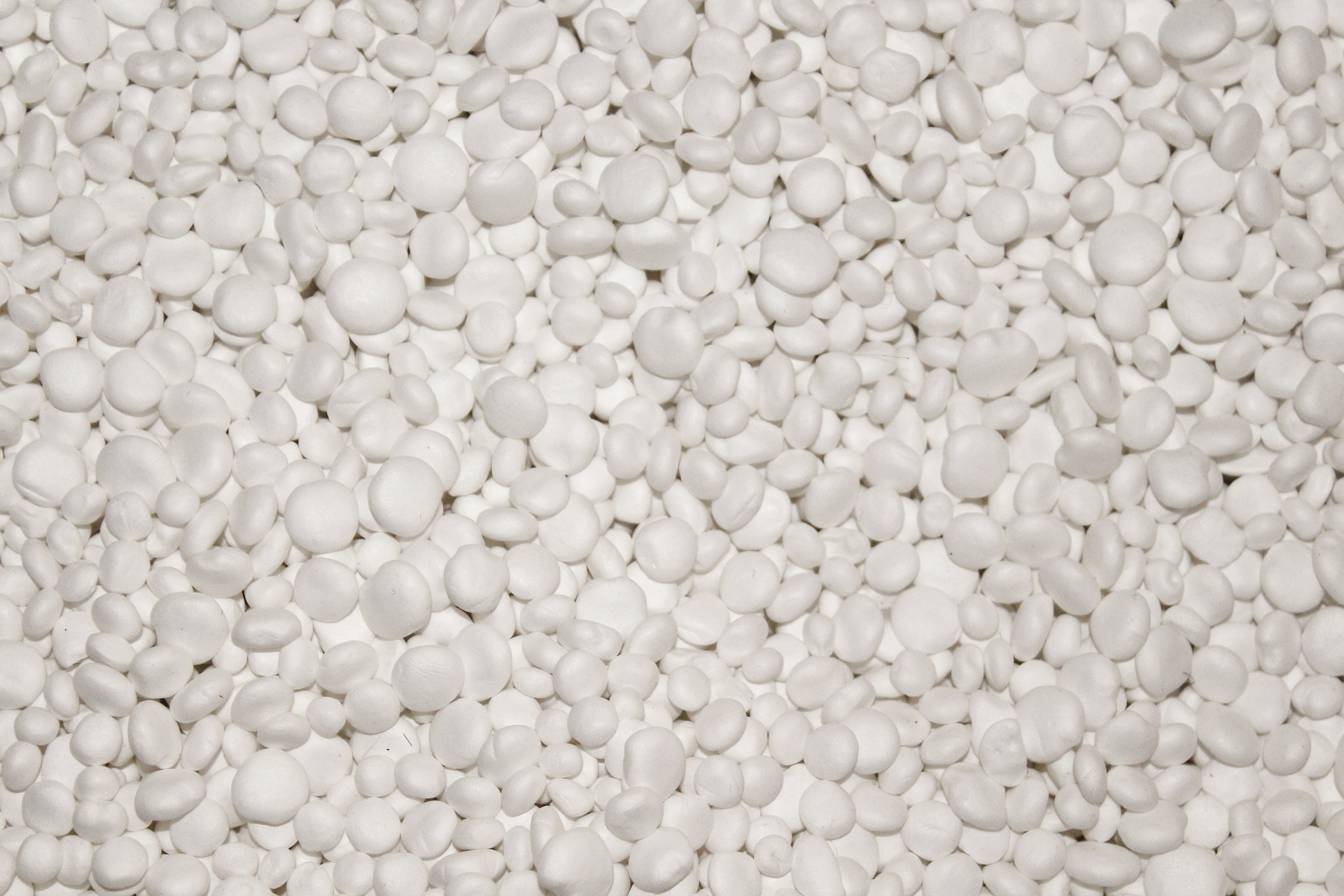
The properties and technical characteristics of expanded polystyrene allow it to be used for a large number of applications. Among them, the most common are those related to thermal insulation and mechanical resistance, although it would not be useful for packaging food, but rather hygienic and inert.
Expanded Polystyrene (EPS) provided by NPS is an engineered material that can be shaped or profile cut into any simple or intricately designed object with the added benefit of being thermally efficient, lightweight, simple and safe to work with, fully recyclable and cost effective. Contact us today if you need more information about our second to none products
Packing all kinds of products
The most ecological packaging is one that does not exist. However, when necessary, considering the environmental aspects in the choice of materials is a growing trend. And that will also increase for the sake of responsible and sustainable consumption of the planet’s resources. However, it is increasingly common for the consumer to receive continuous publicity messages of ‘green washing’ by the business sector. This term refers to the use of ecological arguments for commercial purposes. The ‘green washing’ is to highlight an ecological aspect (image, phrase, number, etc.) to sell products that are not really. In the area of packaging, achieving that the consumer has a truthful and objective information about the environmental aspects of a material is very difficult.
The purpose of the container is to maintain the qualities of the product correctly so as to guarantee a quality and hygienic conditions of the same until its arrival to the consumer. Using a container that maintains the quality of the food throughout the marketing chain is the determining factor in the choice of one or another material. It depends on maintaining all the food properties and not putting the health of the consumer at risk.
Expanded polystyrene is a material that due to its low weight and great resistance, is ideal for the manufacture of packaging and packaging for the various products of the electronic, pharmaceutical, manufacturing, chemical, handicraft, etc. industries.
The expanded polystyrene packaging is designed to conform perfectly to the shape of the product, combining various options of wall thickness, density and number of reinforcements
On the other hand, the lightness of expanded polystyrene reduces transport costs, labour and thanks to its resistance eliminates breakage, facilitating the stowing, being able to withstand more than 1000 times its own weight.
The buffering power of expanded polystyrene allows it to absorb the energy produced by shocks and vibrations, preventing the packaged product from being damaged. Products that require temperature control, for example fish, can be packaged in expanded polystyrene since their multiple cells act as independent air chambers, thermally insulating them.
The possibility of the EPS to be used for the protection, transport and commercialization of food is due to the fact that it is a physiologically harmless material, which does not favour the growth of fungi and bacteria that cause organic decomposition, being also a neutral smell and taste.
In addition, the EPS can incorporate additives to avoid excessive electrostatic charge favouring its use in the electronics industry.
Building
The applications that EPS finds in construction are related to characteristics such as thermal and acoustic insulation. Either by saving energy or by comfort, the EPS has characteristics that fulfil these functions very well. Currently in temperate and tropical countries there is a tendency to build efficient thermal insulation measures, since the energy expenditure for the conditioning of buildings in warm seasons may be equivalent or even greater than the energy expenditure for heating in winter.
4 Advantages of Expanded Polystyrene
Expanded polystyrene (EPS) is a foamed plastic material, derived from polystyrene and used in the packaging and construction sector. We have to keep in mind that expanded polystyrene is defined as a resin belonging to the group of thermoplastics, whose main characteristics is flexibility. It is usually found for decades in supermarkets, in the form of trays for the packaging of meat, fish, fruits and vegetables. Let’s see the properties and characteristics that make this material so popular.
Hygienic
Its most outstanding quality is hygiene, since it does not constitute a nutritive substrate for microorganisms, that is, it neither rots nor oxidizes nor decomposes. This property makes it the ideal material for the conservation and sale of fresh products. It is usually found for decades in supermarkets, in the form of trays for the packaging of meat, fish, fruits and vegetables
Light
Expanded polystyrene also stands out for its high lightness, resistance to moisture and ability to absorb impacts. For this last quality, it also becomes the ideal material to contain fragile or delicate products such as electrical appliances or electrical components inside their boxes. It is also frequently used as a construction material for surfboards, despite being less flexible than its competitor polyurethane, but, in return, provides greater buoyancy and speed thanks to its lightness.
Thermal insulation
Expanded polystyrene is also an excellent thermal insulator, used in the construction sector in facades, roofs and floors, among other applications. In this field, expanded polystyrene returns to compete with rigid polyurethane foam, which also has insulating properties.
This material, for its insulating qualities, is widely used in the construction of buildings designed to save energy. A properly insulated building with this material can reduce the energy used for its air conditioning by up to 40%. In this way, polystyrene contributes to reduce emissions of greenhouse gases.
Reusable
Expanded polystyrene is 100% reusable to form blocks of the same material, as it is recyclable to make raw materials for other kinds of products. In addition, because of its high calorific value and because it does not contain gases from the group of CFCs, it can be incinerated safely in energy recovery plants.
Find the most remarkable EPS is the industry here at NPS which the leading manufacturer of high quality is expanded polystyrene (EPS) products used as the preferred material for building, construction, civil engineering and more.